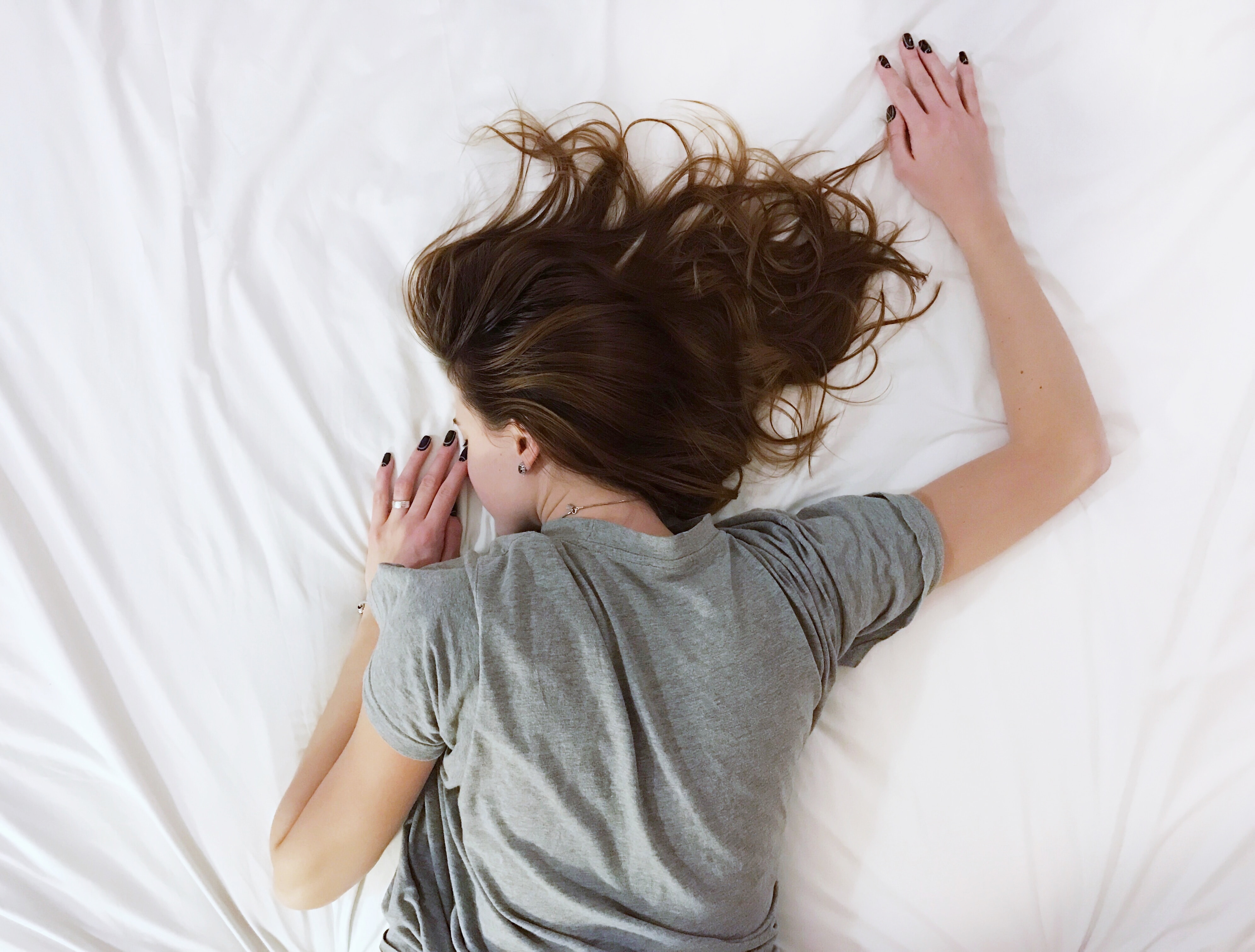We are in a catastrophic sleep-loss epidemic, fuelled by our hyperconnected and fast-paced modern lives: We’re working longer hours with no separation between home and work life. Worry, anxiety, and depression keep us up at night. We’ve electrified the night with screens and artificial light when light is a profound degrader of sleep.
The research is unequivocal: without sleep, there is low energy and disease; with sleep, greater vitality and health. Yet how little sleep we get continues to be seen as a badge of honor in our culture.
But here’s the Facts:
- 20 large-scale studies have shown the shorter your sleep the shorter your life.
- Research shows links between sleep loss and Alzheimers, cancer ( bowel, prostate & breast ) diabetes, obesity & poor mental health.
- With just one night of only 4 or 5 hours sleep, your natural killer cells (the ones that attack cancer cells ) appear to fall by 70%.
- Adults aged 45 who sleep less then six hours a night are 200% more likely to have a heart attack or stroke in their lifetime.
- Shorter sleep makes us susceptible to weight gain.
- Sleep, or lack of it, affects our mood. We see a 60% amplification in the reactivity of the amygdala, the area of the brain responsible for fear, emotions, moods, and other functions related to depression and anxiety. This explains why we get moody & easily angered when sleep deprived.
Neuroscientists say we need 8 hours of sleep a night and that sleep deprivation constitutes anything less than 7 hours.
The good news is that a regular mindfulness practice can help: in fact, the most common feedback I get from my clients is that they’ve noticed a huge improvement in their sleep – they’re falling asleep faster, and if they do wake in the night they’re able to get back to sleep more easily.
Mindfulness can help us deal with overthinking and worrying, common barriers to a good nights’ sleep. With a regular mindfulness practice, we are more aware of, and have a better relationship with our thoughts, which means we’re less likely to be kept up at 3 am with an over-active mind. With more awareness of our thoughts comes the ability to deal with them at an appropriate time. We can also use meditation as a tool to help us get back to sleep.
Some mindful sleep tips for an over-active mind:
- Keep a notebook next to your bed – write down worrying thoughts or things to remember and promise your mind you will deal with it the next day – but you must keep your promise.
- Plan your day after dinner so you can relax and not think about work.
- If you’re having trouble getting to sleep or falling back to sleep after waking in the night: Sit up and try meditating in bed for 10 – 20 minutes. Best case, you meditate and fall back to sleep, worst case you are resting and conserving your energy while getting the benefits of a meditation. Look at it as an opportunity, as the Dala Lama says, 3 am is the best time to practice meditation.
Some general tips for better sleep
- 1 hour before bed start to wind down, no screens, email or social media, try reading fiction or hot bath or shower.
- No screens in the bedroom – these can impact our melatonin levels (the sleep hormone). Don’t charge your phone next to bed, keep in another room – if you wake you will be tempted to check your phone, which will make it harder to get back to sleep. Try using an old school alarm clock instead of your phone alarm to wake up in the morning
- Reduce alcohol and caffeine consumption – try to stop drinking after 3pm
- Avoid eating 2 hours before bed
Adequate and good quality sleep is essential for our physical health, mental resilience and performance. It’s time to make it a priority.
Ray Good is a mindfulness and resilience coach, corporate trainer, and speaker based in Melbourne Australia and founder of The Good Place, helping busy individuals and teams fight stress, think better and perform at their peak.
To learn more www.goodplace.com.au or connect [email protected]


